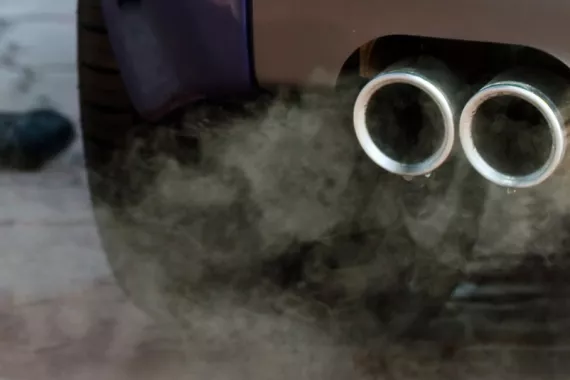Nov. 16, 2016
MOTLEY RICE, CO-COUNSEL FILE LITIGATION FOR AUDI CONSUMERS
Motley Rice filed a class action suit for consumers alleging that Audi AG and Audi of America installed certain gasoline-powered, 3.0-liter vehicles with a “defeat device” aimed at cheating emissions tests to evade government regulations. Read the class-action complaint.
Affected Audis
Affected 3.0-liter Audi vehicles believed to contain a cheat device are model years 2010-2016:
- Audi A4
- Audi A5
- Audi A6
- Audi A7
- Audi A8
- Audi Q5
Audi Emissions Fraud Background
Audi admitted some of its vehicles “use software to detect when vehicles are undergoing emissions tests and adjust their carbon-dioxide (CO2) output.” VW told a German newspaper that “adaptive shift programs can lead to incorrect and non-reproducible results.”
The software in the affected 3.0-liter Audi vehicles appears to recognize when the vehicle’s steering wheel is dormant, an indicator that the vehicle is undergoing lab testing, and lowers the vehicle’s emissions output accordingly. If the steering wheel turns more than 15 degrees in either direction, the device turns off and regulates normal, elevated carbon dioxide emissions, news reports state. Germany’s Transport Ministry stated that it will follow up on CARB’s findings to further the investigation.
While EPA and CARB have not commented on the situation, a CARB spokesperson stated, “CARB takes seriously any violation of the certification process, especially those resulting in excess emissions.”
According to the Wall Street Journal, the software appears to have been “designed to mask emissions implicated in global warming, instead of smog as in the Volkswagen emissions-cheating scandal that erupted last year.”
Audi reportedly stopped using the software in May 2016, shortly before it was discovered, and several of the German automaker’s engineers were suspended.
Motley Rice has held a leadership role in resolving claims filed by consumers who owned and or leased hundreds of thousands of 2.0-liter and 3.0-liter vehicles in the Volkswagen “Clean Diesel” Emissions Fraud litigation. Firm co-founder Joe Rice helped lead negotiations in both settlements as a member of the Plaintiffs’ Steering Committee.
U.S. District Judge Charles R. Breyer of the Northern District of California approved the nearly $15 billion settlement for 2.0 liter vehicles on Oct. 25, 2016. This is the largest auto-related consumer class action in U.S. history. The 3.0-liter settlement received final approval from Judge Breyer on May 11, 2017 and includes various options for “Generation 1” and “Generation 2” vehicles.
For more information on the 2.0-liter settlement, visit www.vwcourtsettlement.com.
For more information on the settlement programs and deadlines, visit https://vwmpgsettlement.com/.
*Prior results do not guarantee a similar outcome.
Related News:
The Wall Street Journal (November 16, 2016) — VW, Audi May Face Higher Emission Suit Costs
Forbes (November 13, 2016) — And Now, CO2gate: Audi Puts Volkswagen In Even Deeper Trouble
Bloomberg (November 9, 2016) — VW Accused of Concealing Emissions Cheating in Audi Gas Cars


